Disclosure: This article contains affiliate links. We may earn a commission from purchases at no extra cost to you, which helps our travel content.
G'day, fellow travelers! Just wrapped up a ripper of a week in Atlanta that left me properly gobsmacked. As an Aussie bloke living in the States, I've been keen to understand more about American history—particularly the civil rights movement that shaped this country. Atlanta isn't just the home of Coca-Cola and the Braves; it's the birthplace of Dr. Martin Luther King Jr. and a living museum of the struggle for equality. What started as a cultural curiosity turned into one of the most profound travel experiences of my life.
Walking in MLK's Footsteps: The Sweet Auburn District
The Sweet Auburn district hits different when you realize you're treading the same paths as civil rights legends. This historically Black neighborhood was once described as 'the richest Negro street in the world,' and even today, you can feel its significance with every step.
The crown jewel is undoubtedly the Martin Luther King Jr. National Historical Park. I spent a full day here, starting with a ranger-led tour of Dr. King's birth home. Fair dinkum, the rangers tell stories that make history come alive—like how young Martin would slide down the banister until his strict father caught him. Small details like this transformed MLK from an icon in my mind to a real bloke who once played and laughed in these very rooms.
The Ebenezer Baptist Church where Dr. King and his father preached left me speechless. I sat in the pews listening to recordings of MLK's sermons playing softly through the speakers, and I reckon I've never felt anything quite like it. The power of his words echoing through the same space where he originally delivered them—crikey, it gives you goosebumps.
Before leaving Sweet Auburn, I picked up a audio guide from the visitor center, which was worth every dollar for the additional context it provided while exploring the neighborhood.
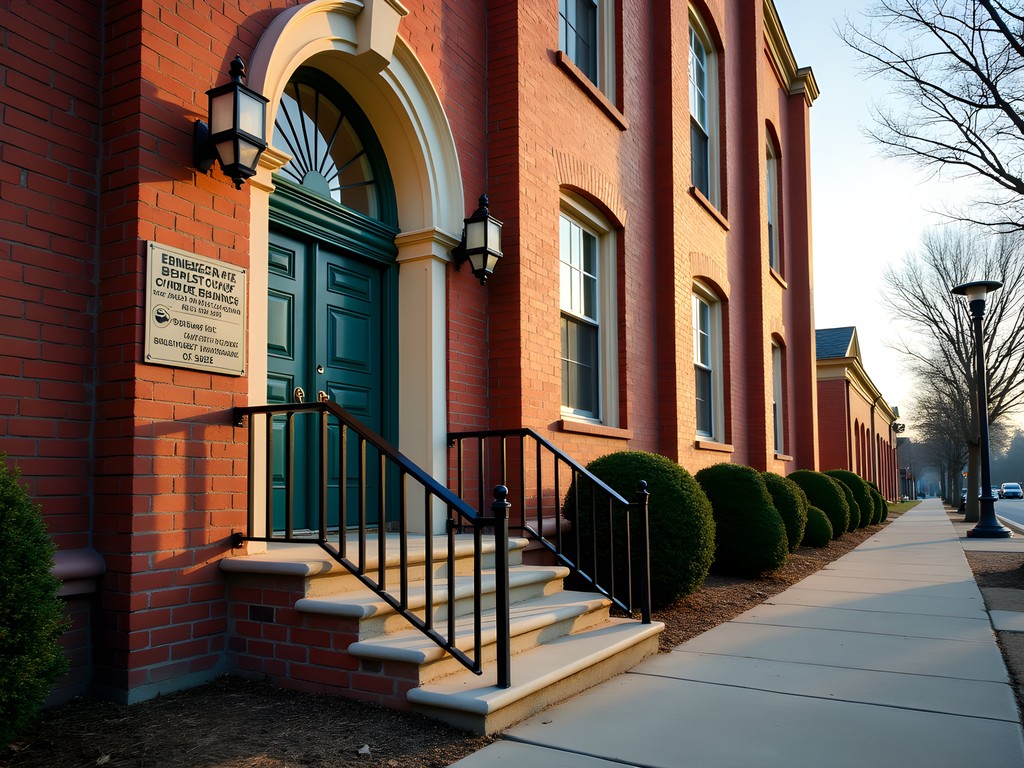
💡 Pro Tips
- Visit on weekdays to avoid crowds, especially for the birth home tour which has limited capacity
- The Freedom Hall complex requires at least 2-3 hours to properly appreciate
- Grab lunch at Sweet Auburn Curb Market for authentic local flavors between site visits
The National Center for Civil and Human Rights: An Engineering Marvel of Storytelling
As an engineer, I'm usually analyzing structural designs and mechanical systems, but the National Center for Civil and Human Rights had me marveling at a different kind of engineering—the brilliant design of an immersive historical experience.
The center uses technology and interactive exhibits to create emotional connections to history. The lunch counter simulation was particularly confronting—you place your hands on the counter, don headphones, close your eyes, and experience what sit-in protesters endured. The audio makes you feel like you're actually there, with threatening voices surrounding you and the counter vibrating as aggressors pound on it. I lasted only 90 seconds before removing the headphones, and that brief experience taught me more than a thousand textbooks could.
I spent hours examining the original documents on display, including handwritten notes from Dr. King's speeches. As someone who appreciates technical precision, seeing his edits and revisions gave me a new appreciation for the craft behind his oratory brilliance.
To capture the powerful moments inside, I used my low-light smartphone lens which helped tremendously in the museum's carefully designed lighting conditions. For keeping track of the wealth of information, I found my smart notebook invaluable—I could take notes throughout the day and digitize them later without wasting paper.
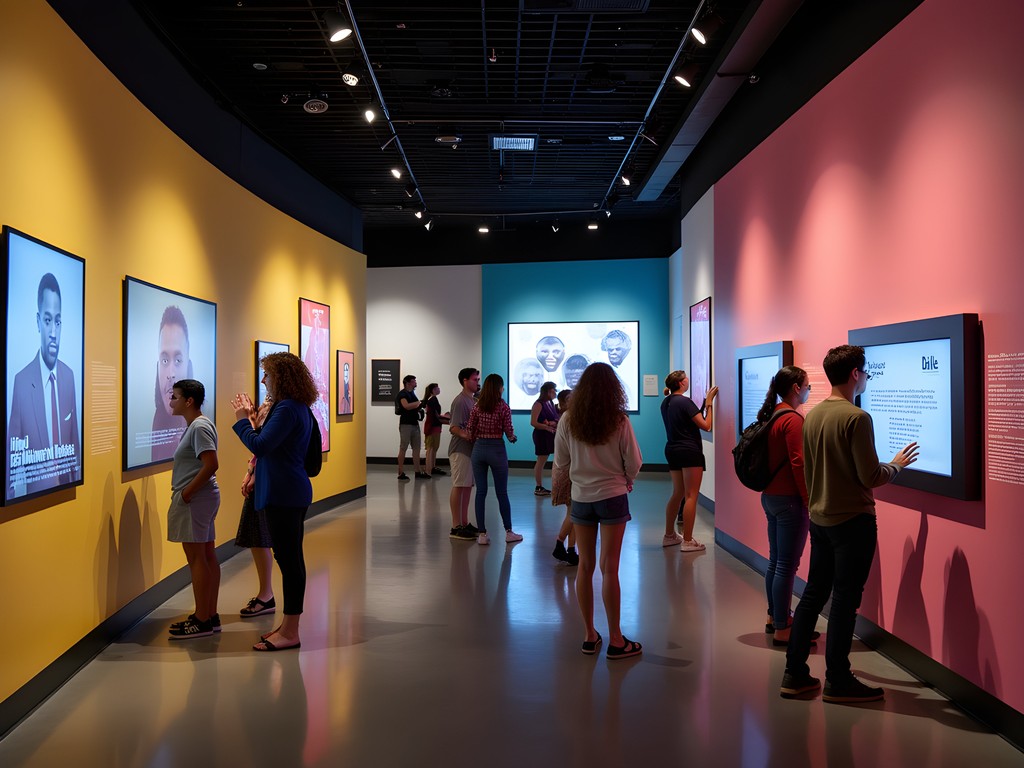
💡 Pro Tips
- Allow at least 3-4 hours to fully experience all exhibits
- The lunch counter exhibit is intense but essential—prepare emotionally
- Visit the top floor first for global human rights context before diving into American civil rights history
Beyond the Tourist Trail: Atlanta's Hidden Civil Rights Landmarks
While the major sites are absolute must-visits, I'm a firm believer that the heart of cultural travel lies in those lesser-known spots that tourists often zip past. After chatting with a few locals at a coffee shop (Aussies can sniff out good coffee anywhere!), I discovered some ripper off-the-beaten-path sites that deepened my understanding of Atlanta's civil rights legacy.
The APEX Museum (African American Panoramic Experience) is a small but mighty collection that tells the story of Sweet Auburn and Black achievement in Atlanta. What it lacks in flashy tech, it makes up for with heart and authenticity. The volunteer guides here are often longtime residents with personal connections to the history they're sharing.
Another hidden gem is the Atlanta University Center, which includes historically Black colleges like Morehouse (MLK's alma mater) and Spelman. Walking these beautiful campuses and visiting the Robert W. Woodruff Library's archives gave me insight into the educational institutions that shaped civil rights leaders.
For a moving experience, I visited South-View Cemetery, one of the oldest African American cemeteries in Atlanta. Founded in 1886 by former slaves, it was the original burial site of Dr. King (before his remains were moved to the King Center) and is the final resting place of many civil rights figures. Wandering among the gravestones as the sun set was a powerful reminder of the real people behind the movement.
To navigate between these scattered sites, I used the city transit card which saved me heaps on transportation while supporting public transit.
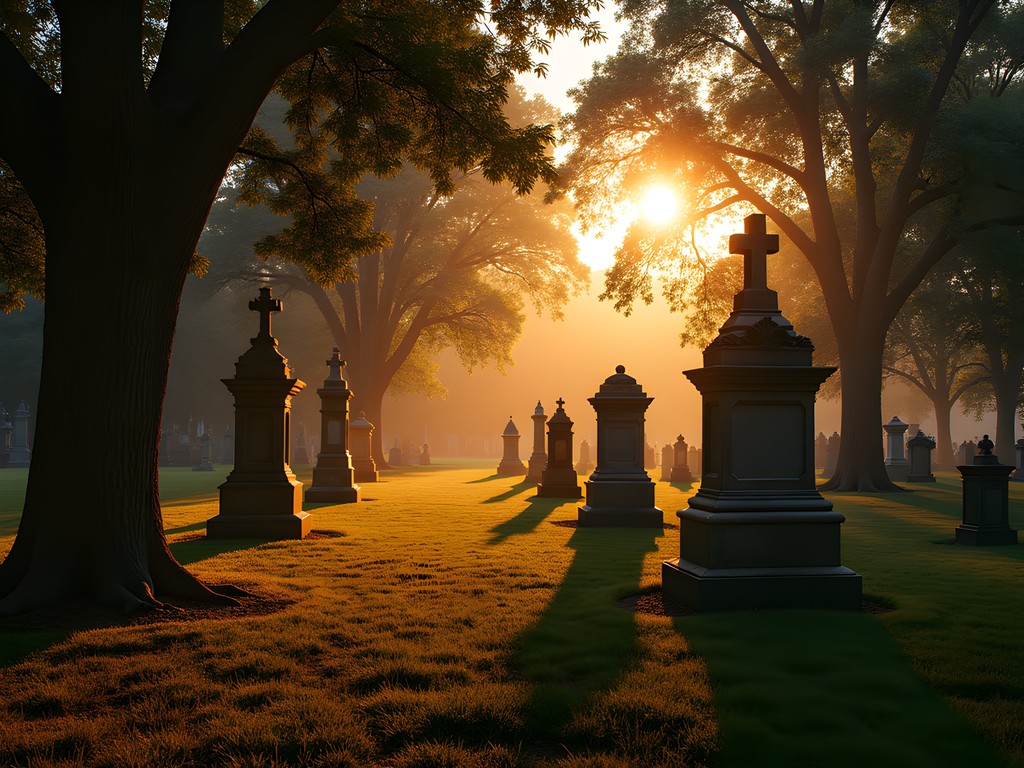
💡 Pro Tips
- Call ahead to the APEX Museum as hours can be irregular
- Bring a water bottle and comfortable shoes—these hidden gems require more walking between sites
- Consider joining a community-led tour run by locals for the most authentic experience
Connecting Past to Present: Atlanta's Ongoing Equality Movement
What makes Atlanta's civil rights tourism so compelling isn't just its historical significance—it's how the city continues to connect that history to contemporary movements. I was lucky enough to time my visit with a community forum at the King Center, where activists discussed how Dr. King's principles apply to current social justice efforts.
The Auburn Avenue Research Library on African American Culture and History hosted an exhibition on modern voting rights that drew clear lines between past struggles and present challenges. The librarians were absolute legends, pointing me toward resources that helped contextualize everything I was experiencing.
I also spent an evening at the BQE Restaurant and Lounge, a Black-owned establishment that hosts regular discussions on community issues. Over some seriously delicious soul food, I listened to locals debate the preservation of historically Black neighborhoods in the face of gentrification—a conversation that highlighted how economic justice remains intertwined with racial equality.
For those wanting to support Black-owned businesses while visiting, I found the digital guide invaluable for discovering authentic restaurants, shops, and services throughout the city. I also appreciated having my portable phone charger since these community events often ran long into the evening, and I didn't want to miss documenting these powerful moments.
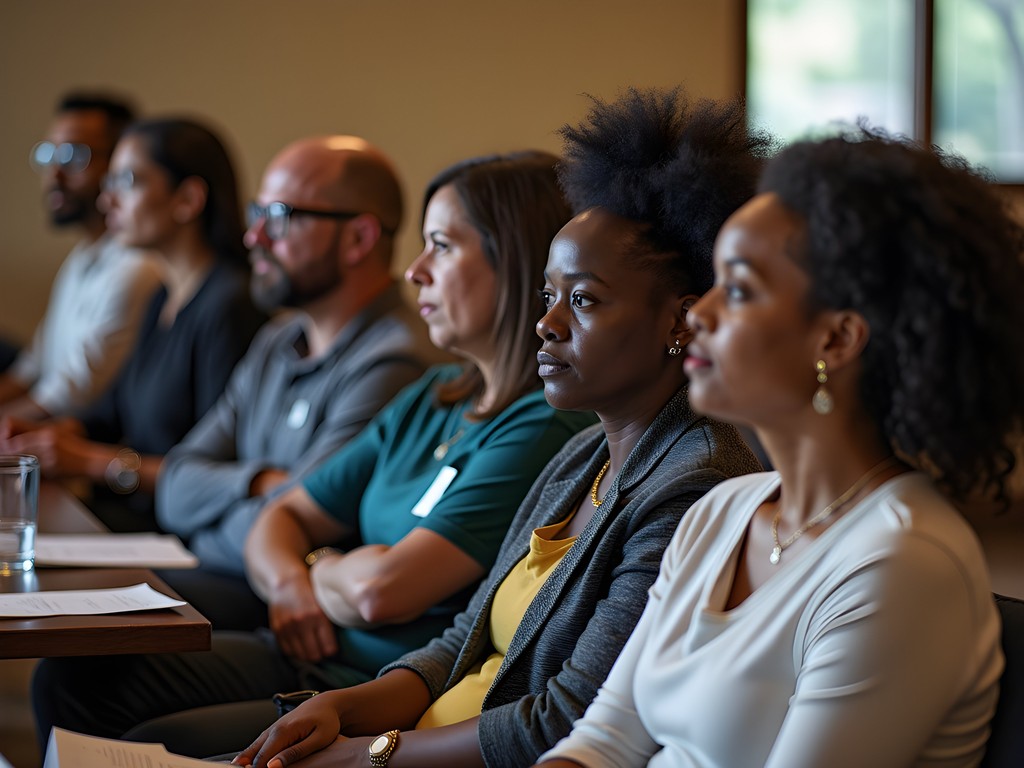
💡 Pro Tips
- Check the King Center's calendar for public forums and events during your visit
- Follow Atlanta-based civil rights organizations on social media before your trip to find current events
- Support Black-owned businesses in Sweet Auburn and throughout Atlanta to contribute to the community
Stargazing and Reflection: Finding Perspective in Atlanta's Night Sky
Those who follow my travels know I can't go a week without finding a decent spot for stargazing. While Atlanta's city lights aren't ideal for astronomy, I found a perfect metaphorical connection between civil rights history and the night sky during my visit.
I drove about an hour outside the city to Hard Labor Creek State Park, where the astronomy club hosts regular stargazing events. As I set up my telescope and waited for darkness, I chatted with a local astronomer who shared that some civil rights activists used to study the stars to navigate during nighttime marches and organizing efforts in rural Georgia.
Lying on my outdoor blanket and gazing upward, I thought about how the same stars that guided those brave souls decades ago still shine down on us today. There's something humbling about realizing that our human struggles—however momentous—play out beneath an unchanging cosmic backdrop.
On my last night in Atlanta, I brought my star chart to Freedom Park and found a quiet spot to look up. Though the city glow obscured all but the brightest stars, I felt a profound connection to both the vastness of space and the depth of human courage I'd witnessed throughout my week in Atlanta.
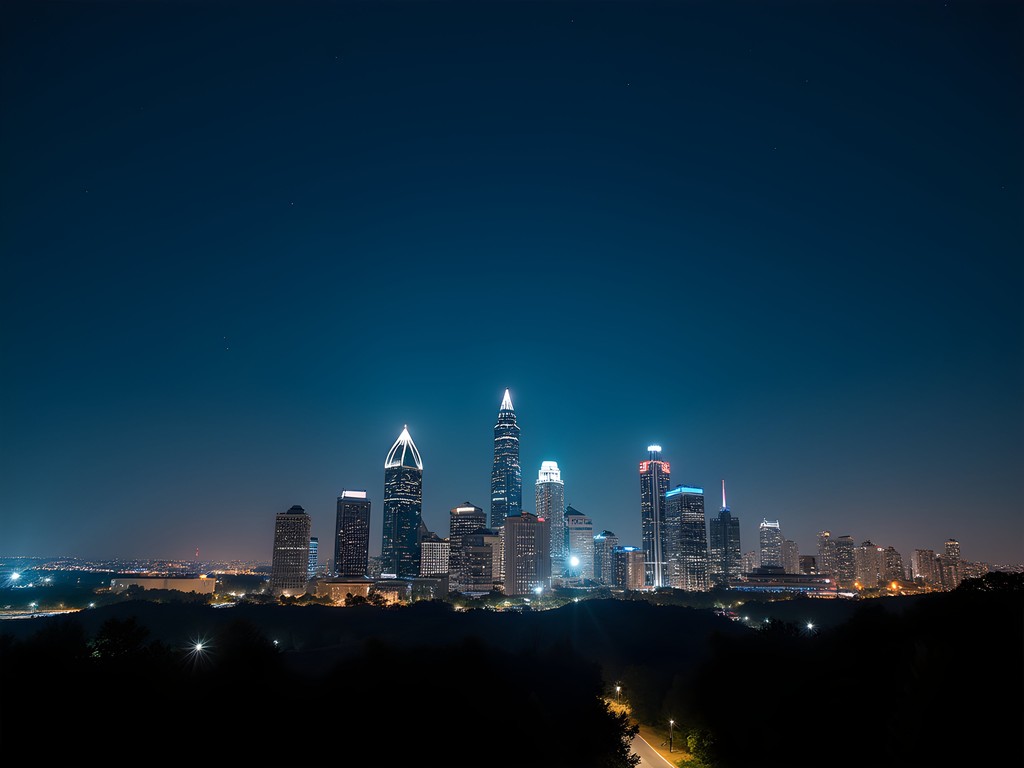
💡 Pro Tips
- Hard Labor Creek State Park offers organized stargazing events—check their schedule online
- Freedom Park closes at sunset officially, but the edges remain accessible for evening reflection
- Download a star-tracking app to identify constellations even through Atlanta's light pollution
Final Thoughts
Leaving Atlanta, I found myself changed in ways I hadn't anticipated. As an engineer, I tend to approach travel with a somewhat analytical mindset, but this journey demanded something different—it required heart, empathy, and a willingness to confront uncomfortable truths. The civil rights movement wasn't just American history; it's human history, and its lessons transcend borders.
What struck me most was how Atlanta doesn't treat its civil rights legacy as a finished chapter. The city acknowledges past struggles while actively connecting them to ongoing work. This isn't static museum tourism; it's a living, breathing dialogue between generations.
If you're considering this journey, don't rush it. Give yourself time to process what you're experiencing. Sit in the quiet spaces, listen to local voices, and be prepared for emotional moments that might catch you off guard. Whether you're a history buff, a social justice advocate, or simply a curious traveler like me, Atlanta's civil rights sites offer profound insights into how far we've come—and how far we still need to go.
As we say in Australia, it's time to give it a burl. Atlanta awaits with open arms and powerful stories that deserve to be heard.
✨ Key Takeaways
- Atlanta offers an unparalleled opportunity to engage with civil rights history through both major landmarks and lesser-known sites
- Allow ample time for emotional processing—this isn't a checklist-style tourism experience
- Connect with local community members and events to understand how historical movements continue to shape present-day Atlanta
📋 Practical Information
Best Time to Visit
year-round, though spring (March-May) and fall (September-November) offer the most pleasant weather
Budget Estimate
$1000-$1500 for a week including accommodations, food, transportation, and admissions
Recommended Duration
5-7 days minimum to fully appreciate the sites and their context
Difficulty Level
Intermediate - Requires Emotional Maturity And Some Walking Between Sites

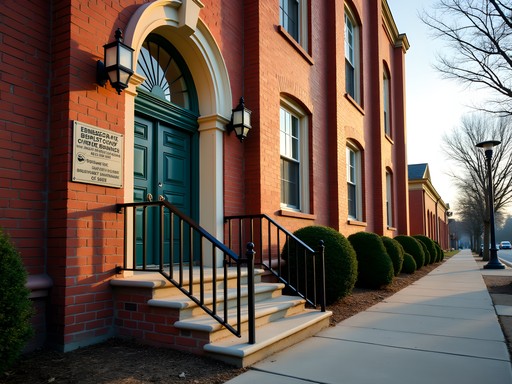
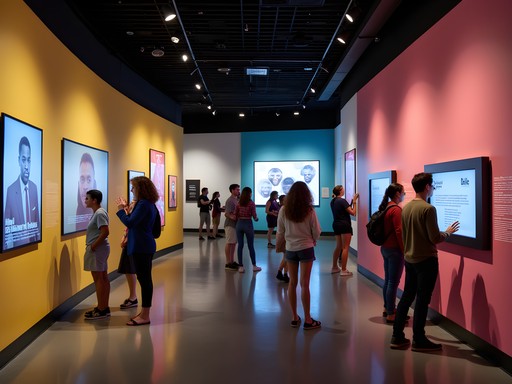
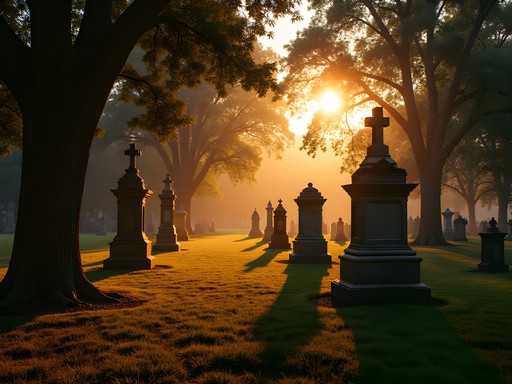
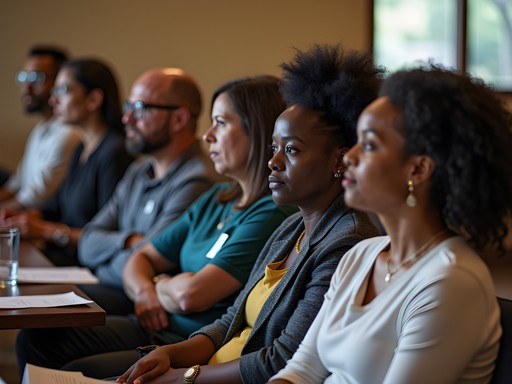
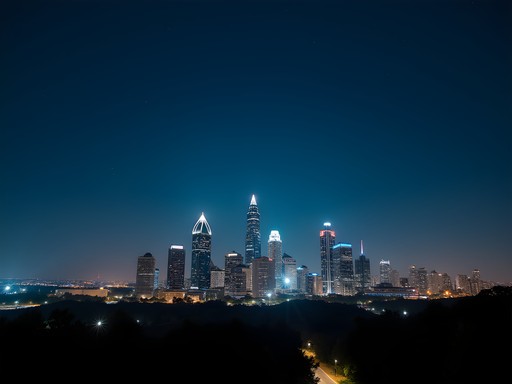


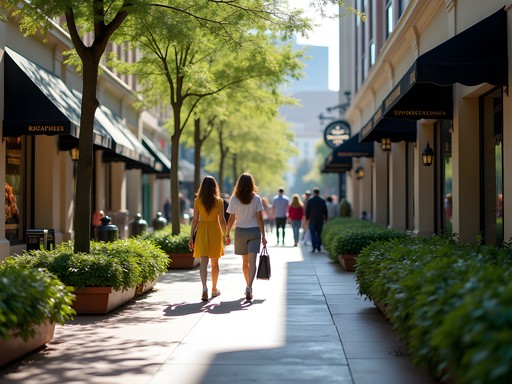






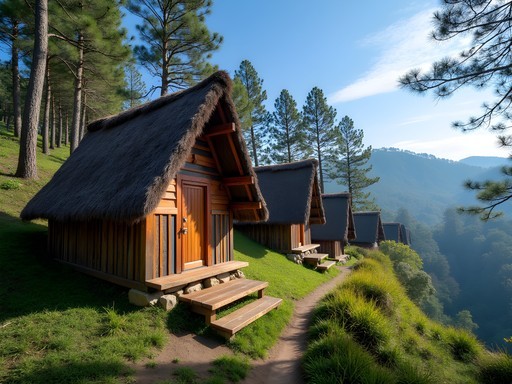
Comments
Taylor Moreau
Alan, I appreciate how you've approached this subject with both sensitivity and analytical depth. As someone who frequently travels to Atlanta for business, I've made it a point to explore these historical sites between meetings. What struck me most was how the city has integrated its civil rights history into its modern identity - something many cities struggle with. The juxtaposition of the civil rights landmarks with Atlanta's gleaming corporate skyline tells an important story about progress and the work still to be done. For business travelers with limited time, I'd suggest at minimum visiting the King Memorial site and the Center for Civil and Human Rights - both can be experienced meaningfully even with a compressed schedule.
Alan Smith
Great point about the juxtaposition, Taylor. I was struck by that too - standing at the King memorial and looking toward downtown really gives you that sense of time passage and progress, while also highlighting ongoing challenges.
mountainnomad
Just got back from Atlanta myself and followed a similar itinerary! The Sweet Auburn district was incredible. I'd also recommend checking out the APEX Museum if anyone is planning a trip - it's smaller but offers a really good perspective on African American history in Atlanta specifically. And don't miss John Lewis's mural downtown - it's massive and so powerful in person. Thanks for sharing your experience, Alan - it's cool to see how someone else processed these powerful sites!
smartvibes6505
Heading to Atlanta next month. How much time would you recommend setting aside for the National Center for Civil and Human Rights? Is half a day enough?
wildexplorer
Not Alan, but I'd say 3-4 hours minimum if you want to really take it in. It's not huge, but it's emotionally intense and you'll want time to process what you're seeing. The exhibits are incredibly well-designed.
Alan Smith
Agree with wildexplorer. Half a day is good, but don't rush yourself. The exhibits are designed to be experienced, not just viewed. And leave some emotional energy for the rest of your day!
mountainhero7345
Love how you connected your engineering background to the experience. Sometimes the most technical minds have the deepest emotional reactions.
sunsetfan
Great post! Did you try any good southern food while you were there?
Alan Smith
Absolutely! Had amazing soul food at Busy Bee Cafe and some killer BBQ at Fox Bros. The food scene in Atlanta is incredible!
Jean Wells
Alan, your analytical approach to this emotional subject creates an interesting juxtaposition. I've found that civil rights tourism in the American South provides a unique opportunity to examine the architectural manifestations of segregation and resistance. In Atlanta specifically, the preservation of these sites serves both as memorial and educational tool. I appreciated your mention of 'beyond the tourist trail' landmarks. I would add the Atlanta University Center and its role in student activism to that list. When I visited last spring, I used this walking tour guide which provided excellent historical context beyond what's available at the main sites.
Alan Smith
Thanks for the thoughtful comment, Jean! You're right about the Atlanta University Center - I actually spent an afternoon there but couldn't fit everything into the post. The architectural perspective is fascinating - how spaces were designed to either enforce or challenge the racial order of the time.
wildexplorer
I visited the National Center for Civil and Human Rights last year and it was one of the most powerful museum experiences I've ever had. That lunch counter simulation where you put on headphones and place your hands on the counter? I couldn't make it through the whole thing. It really makes you understand what those brave protesters endured. Did you also check out the King Center? The eternal flame and Dr. King's tomb are so moving.
Alan Smith
Yes! That lunch counter exhibit was incredibly powerful. I did visit the King Center as well - spent nearly a whole day in the Sweet Auburn area. The combination of Ebenezer Baptist Church, the birth home tour, and the King Center really gives you the full picture of his life and legacy.
mountainnomad
That lunch counter simulation broke me. I couldn't finish it either. Really puts things in perspective.
escaperider
Wow Alan! I had no idea Atlanta had such a deep civil rights history. Adding this to my bucket list right now!
oceangal
Alan, your post brought tears to my eyes! I visited Atlanta with my teenage kids last year, and the experience was transformative for all of us. The interactive exhibits at the National Center really helped them connect with history in a way textbooks never could. We also visited on a day when there was a local choir performing freedom songs in the lobby - absolutely spine-tingling! If anyone's planning a visit, I'd recommend checking their events calendar. Also, we found a small walking tour company run by civil rights historians that took us to lesser-known sites - added so much depth to our understanding.
luckyace
Do you remember the name of the walking tour company? That sounds perfect for our trip!
oceangal
I think it was called Civil Rights Tours Atlanta. The guide was a former professor who actually participated in some of the student movements. Made all the difference!
hikinglover
Did anyone else find the MLK birth home tour hard to book? We're planning a trip in August and heard you need to reserve way in advance. Also wondering if it's worth using the Atlanta CityPASS for the other attractions mentioned?
greenbackpacker
Yeah, the birth home tour books up super fast! I'd recommend checking the NPS website exactly 30 days before your visit date - that's when they release tickets. The CityPASS is good if you're also hitting the aquarium and World of Coca-Cola, otherwise probably not worth it just for civil rights sites.
Venture X
Premium card with 2X miles, $300 travel credit, Priority Pass